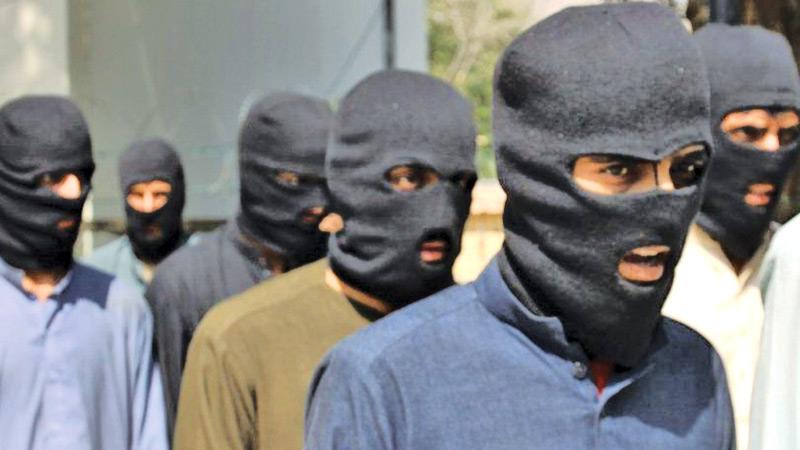
IS-K - Islamic State Khorasan Province - is the regional affiliate of the Islamic State group.
It is the most extreme and violent of all the jihadist militant groups in Afghanistan.
IS-K was set up in January 2015 at the height of IS’s power in Iraq and Syria, before its self-declared caliphate was defeated and dismantled by a US-led coalition.
It recruits both Afghan and Pakistani jihadists, especially defecting members of the Afghan Taliban who don’t see their own organisation as extreme enough.
“Khorasan” refers to a historical region covering parts of modern-day Afghanistan and Pakistan. The group initially included Pakistan until a separate Pakistan section was declared in May 2019.
At its height the group numbered about 3,000 fighters.
However, it has suffered significant casualties in clashes with both the US and Afghan security forces, and also with the Taliban.
IS-K has targeted Afghan security forces, Afghan politicians and ministries, the Taliban, religious minorities, including Shia Muslims and Sikhs, US and Nato forces, and international agencies, including aid organisations.
IS-K have been blamed for some of the worst atrocities in recent years, targeting girls’ schools, hospitals and even a maternity ward, where they reportedly shot dead pregnant women and nurses.
IS-K are based in the eastern province of Nangarhar, close to drug and people-smuggling routes in and out of Pakistan.
While most of its activities have been in Nangahar and Kabul, it has also claimed attacks in the provinces of Kunar, Jowzjan, Paktia, Kunduz and Herat.
Is the IS-K linked to the Taliban?
Peripherally yes, via a third party, the Haqqani network.
According to researchers, there are strong links between IS-K and the Haqqani network, which in turn is closely linked to the Taliban.
The man now in charge of security in Kabul is Khalil Haqqani who has had a $5m (£3.6m) bounty on his head.
Dr Sajjan Gohel from the Asia Pacific Foundation has been monitoring the militant networks in Afghanistan for years.
